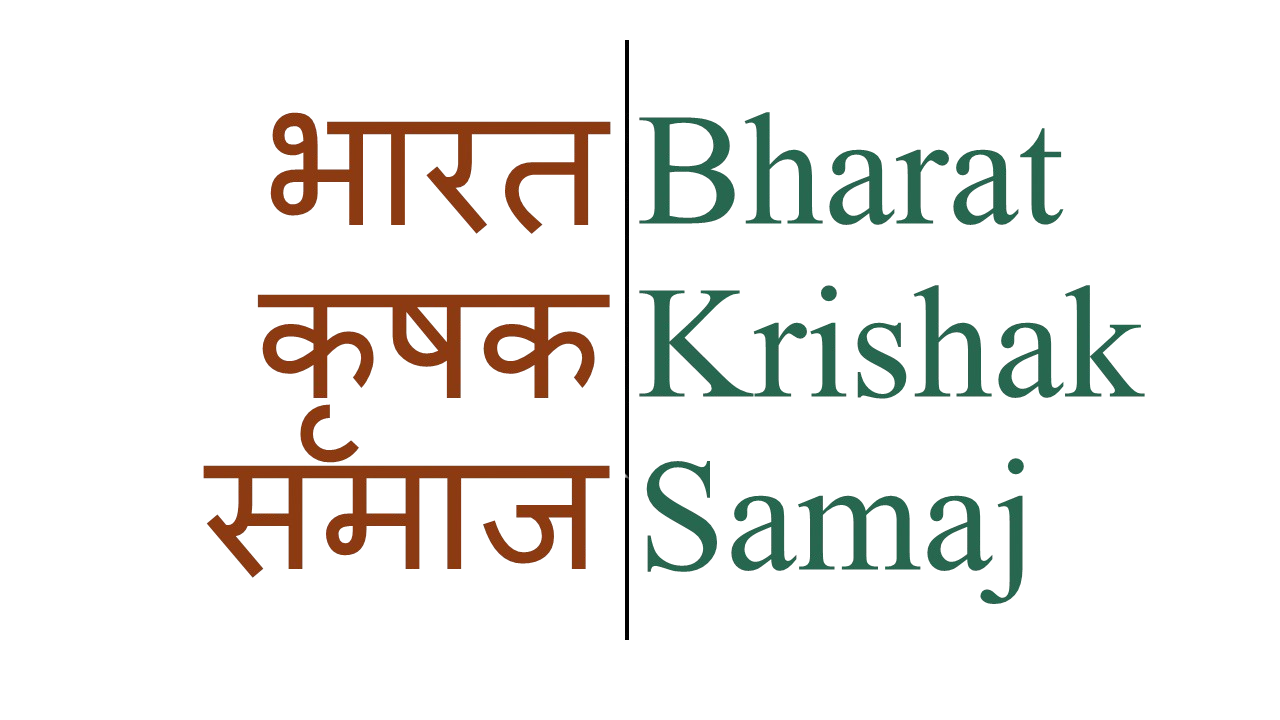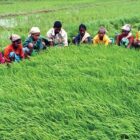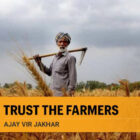Policy disconnect has serious consequences and the centre’s policy of not allowing Punjab to diversify is causing damage to the health of people in faraway Delhi.
Crop stubble burning is a nuisance for both humans and the ecosystem as a whole. However, the farmer needs systematic support not the stick to address the problem that forces him to burn stubble. The support can come in many ways; central government policy intervention being the most important. Amongst this, driving crop diversification through policy measures would be most welcome. The current policy regime of the central government, courtesy an old notification, obstructs such diversification of crops in Punjab, even while urging farmers to diversify into crops and away from paddy.
What forces stubble burning? The turnaround time between harvesting one crop and sowing another is very limited. This tempts farmers to go for a quick and cheap burn, enabling them to get the field ready for the next crop, wheat, in time. Changing from paddy to maize would remove this pressure on farmers. Moreover, the Punjab government wants to move away from paddy because it is water consuming and is drying up underground aquifers at an alarming rate.
There is thus a clear and urgent need to diversify and one alternative is to immediately replace some paddy growing area with maize. This is best facilitated by the government procuring maize at a competitive value so it is beneficial for farmers to shift. The other option is to allow market forces to work. The government does not allow ethanol production from full grains. It allows for ethanol from sugarcane. A few days ago, it raised the price by five per cent, to ₹40.85 per litre. If the government allows production of ethanol from maize, many paddy farmers may shift to maize cultivation. This would lead to sizeable diversification as it will be comparatively profitable to switch from paddy. It would also reduce the area where under crop burning and proportionately reduce the quantity of straw.
The centre feels that shifting from paddy could hit food security forgetting that despite two consecutive years of drought, India is a cereal-surplus nation. The change will not affect food security but bureaucratic thinking needs to change with the times. The National Green Tribunal must also give directions to the central government to allow conversion of maize to straw in a field being burnt, which would leave the farmer some time to clear the fields in environmentally friendly ways. Otherwise the farmer will go for a quick clearance because a delay in sowing reduces the wheat yield. The question is how this turnaround time dilemma can be resolved.
Farmers can use expensive equipment to incorporate or mulch the straw left on the ground after the grain has been harvested. They burn the straw because the excess paddy cultivation results in excess paddy straw. Wheat straw is in demand, being preferred over paddy straw because it is easier for animals to digest it. There is limited demand for paddy straw. Nor is paddy straw, with its a higher silica content, suitable for boiler use. One way is to collect paddy straw for composting or making bales out of it. Allowing MNREGA labourers to be used to collect the straw in a short window of 20-25 days will help.
Another option is to use a combination of the Super Straw Management System (Super SMS) to shred and spread the straw once it comes out of the combine harvester and then use a Happy Seeder (that has been around for over 10 years) for sowing. Mechanical means of incorporating or mulching the paddy straw increases the cost of harvest and cultivation cost rises substantially. To offset the expenses, the NGT must also direct the central government to give a financial incentive of ₹100 per quintal of paddy only to those farmers who agree not to burn the straw. The farmer is already stressed and ownership of farm machinery is a prime reason for Punjab farm debt that is leading to suicides. Therefore, ₹1,100 crore is required to make the machines available to farmers.
The whole approach of penalising farmers is wrong; the focus should be on incentivising farmers to not burn. Positive thinking is better than a negative approach. It is a subject of behavioural economics to design a mindset change and changing practices, not one designed by a judicial or by a bureaucratic approach. All through the green revolution era and until now, the system has taught the farmer to clean the fields before sowing. Now farmers are being told not to clean the farm land. This requires a huge mindset change. It is like someone asking someone to run bare-feet after one has run shoes all along. Mindsets cannot be changed by fining people; it needs concerted effort with alternatives created along with spreading awareness. This will take between five and 10 years.
Punjab is also announcing the Paddy Straw Challenge Fund to award $1 million to anyone who provides the technology to help decompose paddy straw in an ecological way without lifting it, on site within 15 days. For example, an innovation for spraying bio enzymes or something similar to decompose the straw, without impacting the yield in any adverse manner. Only a multi-pronged approach can bring about a behaviour change. The buck stops with the central government and not the Punjab farmer, who is being used as a scapegoat. On the one hand the farmer has to ensure food security and, on the other, he has to mind its methods without being given an option.
A little help from the centre can change the ground realities not only in Punjab but in Delhi too because the prevailing policies are causing damage to the health of people in faraway Delhi. This should not be about heaping blame. If smoke from burning crops impacts lungs in Delhi for three weeks, exhaust from vehicles in Delhi adversely impacts the countryside for 365 days. It is like living next to a chain smoker. It is time people stopped the blame game and worked together for a solution.
The author, the chairman, Punjab State Farmers’ Commission, spoke to The Print. Views are personal.




